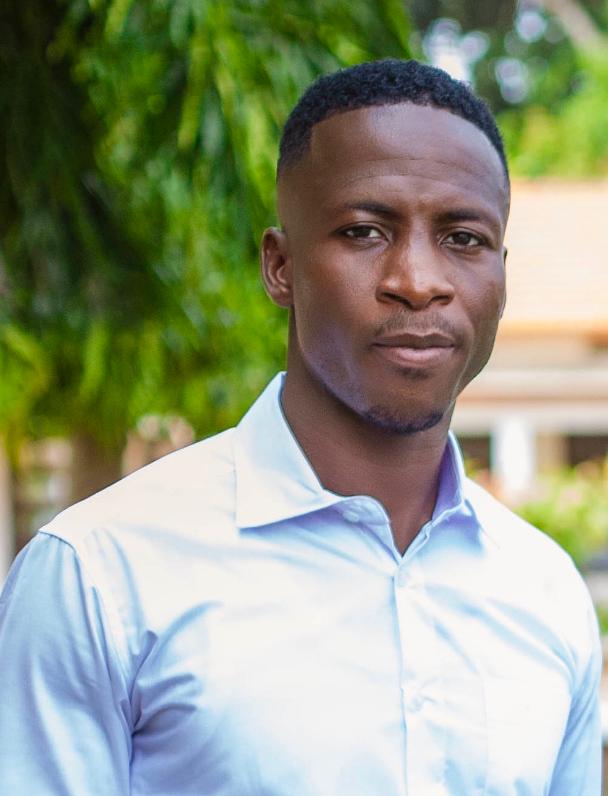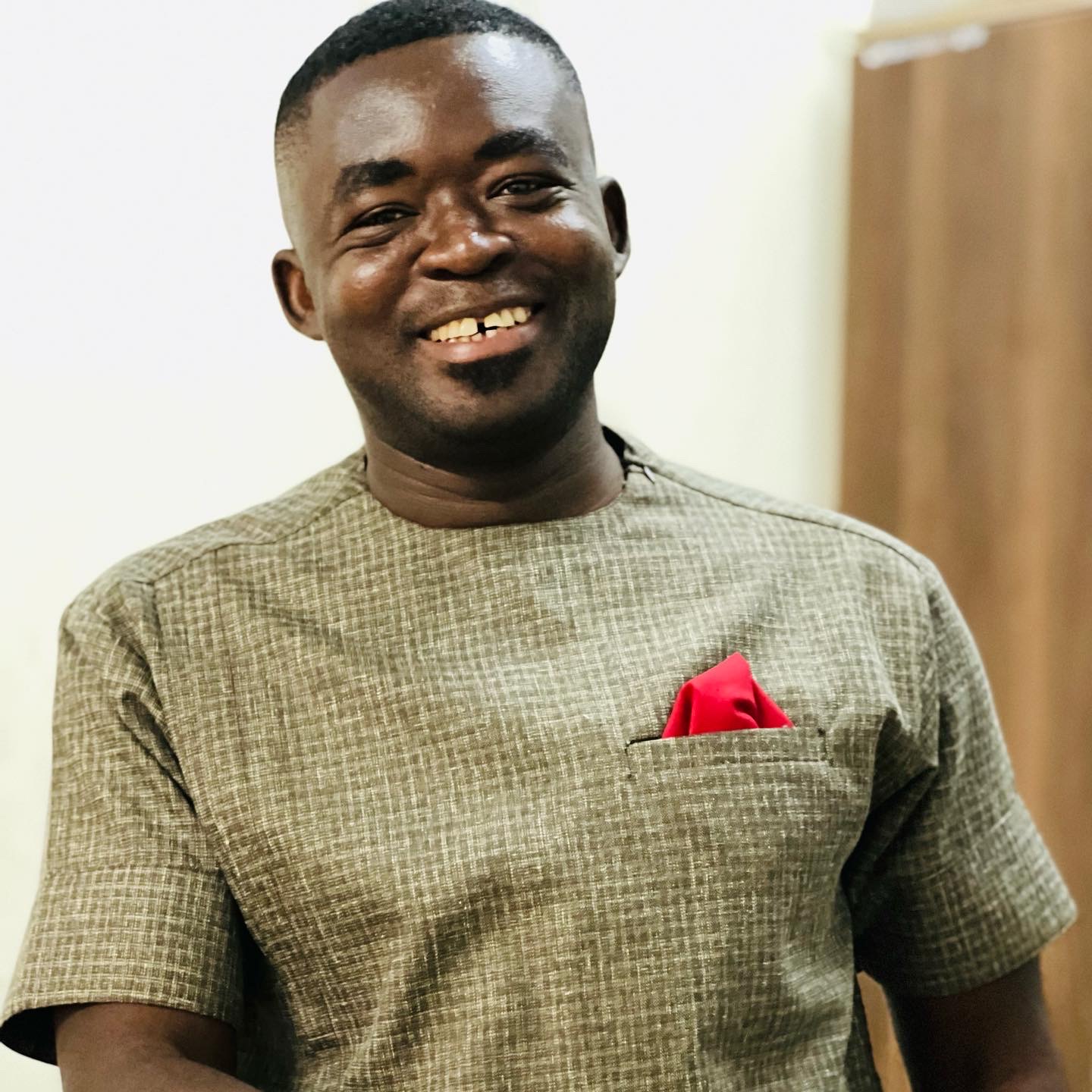A condition of peace that is long-lasting and robust, as opposed to transient or brittle, is referred to as sustainable peace. It includes the existence of justice, equality, and respect for human rights, in addition to the absence of violence and conflict. Building robust and inclusive institutions that can stop the resurgence of violence, addressing the underlying causes of conflict, and encouraging healing and reconciliation are the ways to establish sustainable peace. Addressing the environmental, social, and economic elements that might fuel instability and violence is also part of it. All parties involved in maintaining sustainable peace must actively participate and work together, including local communities, governments, and civil society. All parties involved must maintain consistent effort and dedication, as it is a difficult and continuing process.
Bawku, a region marked by its rich cultural diversity and historical significance, has unfortunately been marred by persistent conflicts among various ethnic and religious groups. Notably, tensions have arisen between the Kusasis and Mamprusis, two prominent ethnic groups in the region, fuelled by historical grievances and competition for resources.
The conflict spans from the colonial era to Ghana’s Fourth Republic and is marked by colonial demarcations, ethnic tensions, and political changes. British boundaries in the late 19th century led to disputes between the Kusasis and Mamprusis over land and resources. Post-independence, political shifts, and struggles for representation fueled the conflict. Military coups from 1966 to 1981 added instability, while the transition to multi-party democracy in the early 1990s renewed efforts to address conflicts, including Bawku. The Fourth Republic, established in 1992, witnessed peace initiatives, yet challenges in implementing agreements persisted. Despite democratic strides, the Bawku conflict, rooted in historical disputes, remained unresolved as of 2024.
To foster lasting peace, it is crucial to implement comprehensive strategies that address the root causes of these conflicts. This article explores various initiatives aimed at building sustainable peace in Bawku, emphasising the importance of a holistic and community-driven approach.
Community Dialogue Initiatives
Engaging in open and inclusive community dialogues is fundamental to understanding the nuanced issues contributing to the conflicts, particularly those between the Kusasis and Mamprusis. These forums provide a platform for residents, representing various ethnicities and religious groups, to express their concerns. This inclusivity enables leaders to identify common ground and shared aspirations, essential for bridging gaps and fostering a sense of unity.
Conflict Resolution Workshops
Equipping community leaders and residents, including representatives from the Kusasi and Mamprusi communities, with conflict resolution skills is imperative. Workshops focusing on communication, mediation, and negotiation empower individuals to navigate disputes peacefully. In this context, involving leaders from both ethnic groups ensures that the skills acquired contribute to mitigating tensions and promoting a culture of dialogue over confrontation.
Cultural Exchange Programmes
Promoting cultural exchange is a powerful tool to address stereotypes and misunderstandings between the Kusasis and Mamprusis. Initiatives encouraging residents to learn about each other’s traditions, values, and histories can significantly contribute to building bridges and dismantling preconceived notions. Collaborative events between ethnic groups, organised by government and non-governmental organisations, can play a pivotal role in fostering appreciation for diversity and easing inter-group tensions.
Economic Development Initiatives
Addressing economic disparities is crucial for long-term stability, especially in the context of resource competition that often exacerbates conflicts between the Kusasis and Mamprusis. Implementing projects that stimulate economic growth and create employment opportunities becomes a shared goal for both ethnic groups. Public-private partnerships and international aid should target sustainable development projects, contributing to infrastructure improvements, agriculture initiatives, and small business development beneficial to all communities.
Community Policing
Strengthening local law enforcement and community policing efforts is essential for maintaining security, particularly in areas with historical conflicts like that between the Kusasis and Mamprusis. Collaborative initiatives involving residents in the policing process enhance trust and create safer environments for everyone. Community policing programmes should focus on relationship building, community outreach, constant community engagement by law enforcement apparatus, and conflict prevention, addressing the security concerns of both ethnic groups.
Educational Programmes
Promoting education is a shared goal for sustainable peace. Collaborations with educational institutions, scholarship programmes, and vocational training initiatives aim to ensure that educational opportunities are accessible to all, irrespective of ethnic background. Incorporating peace education into school curricula becomes particularly relevant in breaking cycles of ignorance and prejudice and fostering a sense of shared identity and common goals among the Kusasis and Mamprusis.
Resource-sharing agreements
Developing agreements that ensure the equitable sharing of resources, such as land and water, will address critical issues at the heart of conflicts between the Kusasis and Mamprusis. Fair resource distribution fosters a sense of justice and shared responsibility among these communities. Agreements may involve legal frameworks, community-led resource management plans, and the establishment of arbitration mechanisms to resolve disputes related to resource allocation, benefiting both ethnic groups.
Youth Engagement Programmes
Engaging young people, including those from the Kusasi and Mamprusi communities, becomes crucial in mitigating conflicts. Positive activities like sports and arts channelled through youth centres, mentorship programmes, and skill-building workshops provide a platform for young individuals to contribute positively to their communities. By involving both ethnic groups in such programmes, a generation that values cooperation over conflict can be nurtured.
Interfaith Initiatives
Promoting interfaith dialogue and collaboration is essential for addressing religious tensions within the Kusasi and Mamprusi communities. Encouraging mutual respect and understanding among different religious groups contributes to building a more tolerant and harmonious society. Interfaith initiatives may involve joint religious ceremonies, collaborative community service projects, and the establishment of interfaith councils that work proactively to address conflicts related to religion.
Local Governance Reform
Enhancing local governance structures ensures fair representation and participation for both the Kusasi and Mamprusi communities. Reforming these structures to be more inclusive and responsive to community needs addresses grievances and promotes transparent decision-making. Initiatives may include community-driven consultations to shape governance reforms, training programmes for local leaders from both ethnic groups on conflict-sensitive governance, and mechanisms for regular feedback and accountability.
Conclusion
Building sustainable peace in Bawku, particularly between the Kusasis and Mamprusis, requires a multifaceted approach that addresses the complex interplay of cultural, economic, and social factors. By implementing these strategies collaboratively, Bawku can embark on a path towards lasting reconciliation, fostering a community where diversity is celebrated and conflicts are resolved through dialogue and cooperation. These efforts must be ongoing and adaptive, involving the active participation of community members from both ethnic groups and collaboration between various stakeholders to ensure sustainable and inclusive peace.

Author: Detective Corporal Joseph Kelvin Sasu


